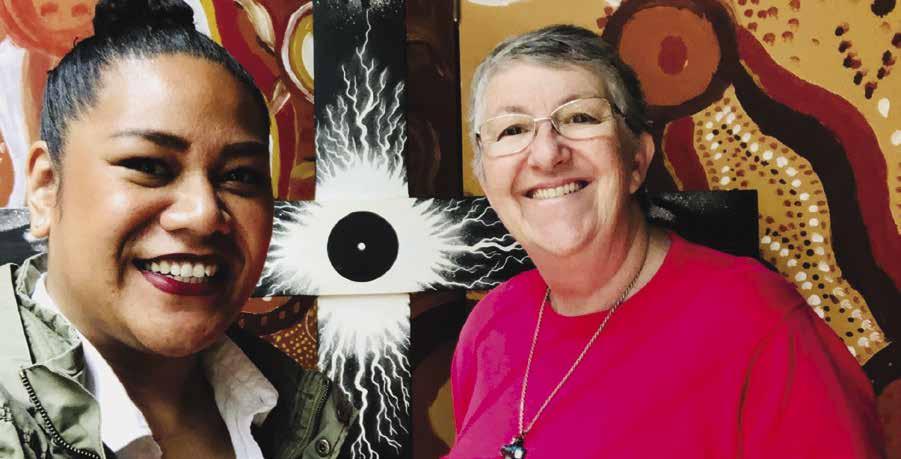
2 minute read
Myanmar
Advertisement

Small business owner and community leader, Nang. Photo: Robert Sithu Aung, KMSS-YGN IDP camp in Kachin State in Myanmar. Photo: Patrick Nicholson/Caritas Internationalis
Since independence in 1948, Myanmar has experienced decades of ethnic conflict and civil war.
Many people have been forced to flee from their land and have found their farms occupied by the military or ethnic armed organisations on their return. With 70 per cent of the population living and working in rural areas, many of them in small-scale agriculture, loss of land is a serious threat to livelihoods. As a result, countless rural families struggle to pay for food, health care, and their children’s education. Nang is a fifty-three-year-old Shan ethnic woman and mother of three in southern Myanmar. Despite being the only Shan woman in a majority Karen village, Nang holds a leadership role in her village and frequently leads negotiations on land disputes. “Nang is tough,” says Nang’s fatherin-law. “She went to an Ethnic Armed Group camp with only two young boys to claim back the land seized by military officers.” Nang’s prestigious role in her community is unusual in Myanmar, where women are expected to stay at home and are rarely included in household decisions. She first strengthened her leadership skills though the Livelihoods Program, an initiative of Karuna Mission Social Solidarity and Caritas Australia which promotes gender equality by training local women in leadership and livelihood skills. Nang is also a founding member of a savings group for the women in her village, which provides loans to members to start their own small business. Nang borrowed from this savings group for her organic compost and pest control business, and was able to invest in a machine to grind turmeric, chillies, dried fish and prawns into powder for use on local farms. “Most of the farmers know the effectiveness of organic compost and pest control, but they can’t produce their own easily,” says Nang. “So, I make it and sell for them.” Nang believes that women should learn new skills to earn an income to support their families and now encourages other women in her village to start their own small businesses as well.
Program achievements
The Livelihoods Program has reached over 1,600 participants over the course of the program. Farmers have improved their agricultural techniques, increasing crop yield and reducing pests and insects in their rice paddies. Nine village farmers’ groups and one Township Level Farmers’ Associations have been formed to work together on marketing their produce to ensure fairer prices.










